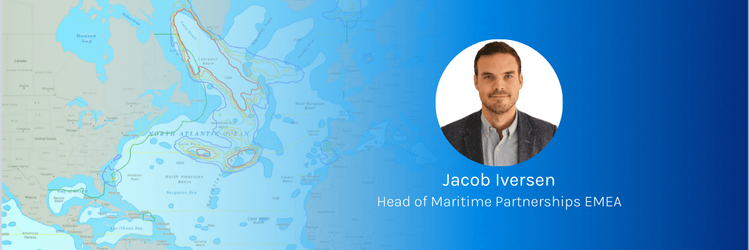Reimagining maritime performance metrics: Moving beyond Charterparty warranties
I understand the rationale behind some voices advocating for a departure from charterparty warranty compliance. Forward-thinking vessel owners who embrace this transition early, leveraging real-time data on vessel operating performance, gain a competitive edge.
The shift towards environmental compliance frameworks, including the International Maritime Organization's Carbon Intensity Indicator (CII) and the Task Force on Climate-related Financial Disclosures (TCFD), is transformative. In the EU, ESG reporting regulations will soon be compulsory for large corporations, and the US SEC is expected to introduce new climate-related disclosure requirements. In Japan, TCFD-based disclosures are already mandatory for listed companies.
These regulatory changes, combined with the rise of real-time vessel sensors capturing data on emissions, speed, and fuel consumption, pave the way for a digital transformation in performance assessment. This evolution aims to move away from reliance on traditional charterparty descriptions and warranties.
Traditional charterparty descriptions, often based on shipbuilder or owner information, can be inaccurate and are generally only relevant in favourable weather conditions. This limitation makes them inadequate for assessing performance under adverse conditions.
Weather routing companies categorise voyage days into "good" or "bad" weather, which can be manipulated to invalidate claims, leading to disputes and wasted resources. Moreover, some parties may exploit charterparty warranties to avoid claims and continue emitting excessive carbon, hindering environmental progress.
A digital future promises full transparency, eliminating the potential for concealing poor performance. This approach would eliminate claims, out-of-court settlements, and expensive legal battles, making all performance data openly accessible and levelling the playing field for top-performing vessels.
Forward-thinking companies understand the value of environmental compliance and transparency. They strive not only for top CII ratings but also for leadership in reporting to public authorities, integrating these practices into their core business strategies.
Recognizing early adopters is crucial, as public sharing of vessel performance data in all weather conditions will push the industry towards greater transparency and competitiveness.
Looking forward, the maritime industry is poised for a future where open disclosure becomes standard, phasing out charterparty descriptions and warranties. This transition will streamline operations, help phase out underperforming vessels, and enhance overall marine operations efficiency.
The maritime industry stands at a pivotal moment, with a clear path to a cleaner, more transparent future. This journey promises benefits not only for the industry but also for the global environment.
Jesse Vecchione
Regional Head of Business Development
Weathernews




